With Hugo Chávez Gone, Who Will Lead Latin America's Socialist Movement?
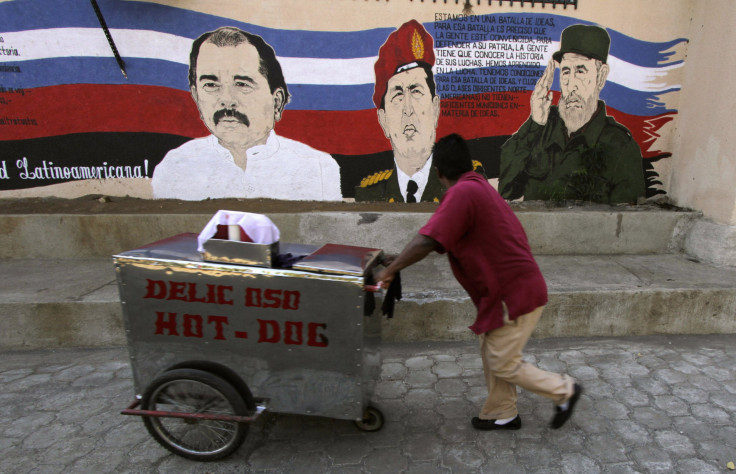
The late Venezuelan President Hugo Chávez was one of the most outspoken proponents of socialism in Latin America, which he aimed to solidify as a united movement among leftist governments in the region.
Chávez enjoyed a close relationship with the Communist patriarch of Cuba Fidel Castro, whom he considered a mentor and father. Like Castro before him, Chávez had worked to support socialist movements in other countries.
With Chávez dead and Castro ill and in old age, there are currently no personalities among Latin American leftists that have the same regional stature to promote the socialist cause, but there are a few who could emerge.
Nicolas Maduro, Venezuela
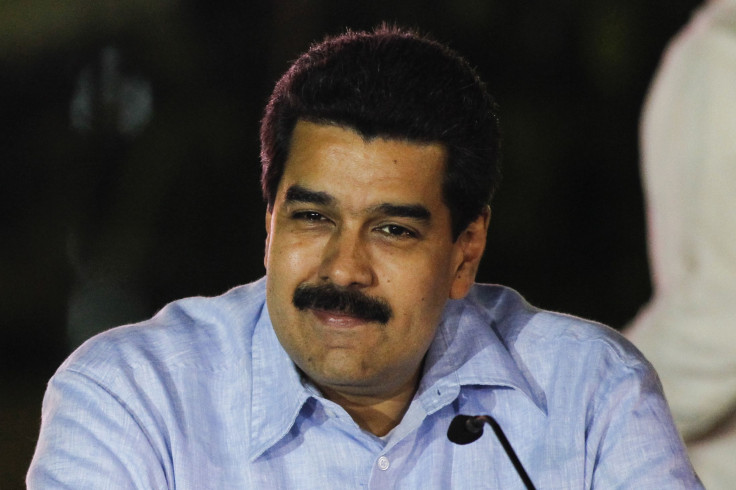
Chávez’s designated successor and current Venezuelan Vice President Nicolas Maduro faces a special presidential election within 30 days and could follow in his mentor’s footsteps if he wins.
Maduro, 50, a former bus driver and union leader, is considered a strong adherent to Chávez’s socialist movement, though he is said to lack the charisma and assertiveness of the late leader.
Miguel Diaz-Canel, Cuba
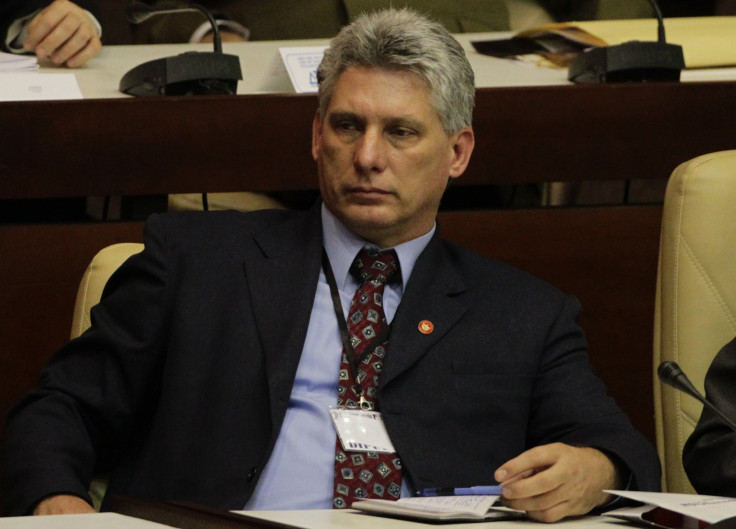
Recently appointed Cuban Vice President Miguel Diaz-Canel is now in line to succeed President Raul Castro, Fidel's brother, in 2018, though the next five years will be a test of whether the Cuban leadership feels he is right for the job.
Diaz-Canel, 52, is a Communist Party loyalist who followed orders, performed his duties efficiently and worked his way up the government hierarchy.
While Diaz-Canel is much more subdued than Fidel Castro in his prime, he could inject new energy into Cuban efforts to promote socialism abroad.
Evo Morales, Bolivia
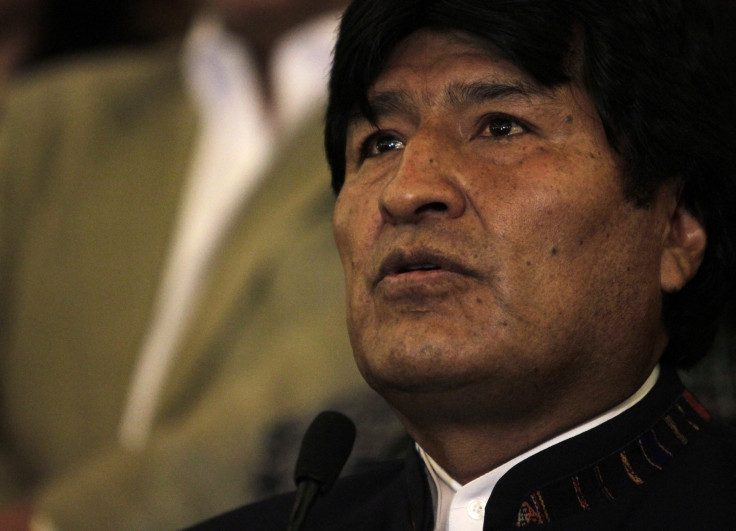
Bolivian President Evo Morales was a close friend of Chávez, and shares his opposition to U.S. foreign policies, as well as skepticism of multinational corporations operating in Latin America.
Morales, 53, is also South America’s first indigenous leader, lending him a unique credibility as a voice for the socialist movement in the region.
Rafael Correa, Ecuador
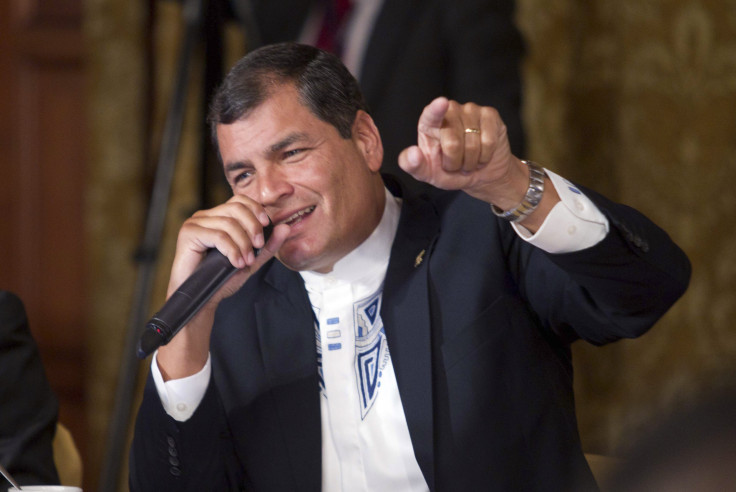
Ecuadorean President Rafael Correa, 49, does not profess a strong socialist ideology, but has aligned many of his policies with leftist governments in Latin America and could rise as a strong regional leader. He was just re-elected by an overwhelming vote.
Daniel Ortega, Nicaragua
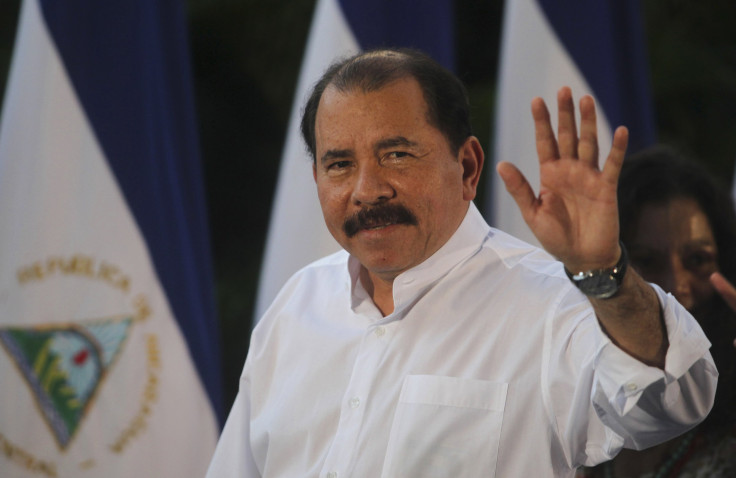
Another close Chávez ally, Nicaraguan President Daniel Ortega, 67, is back in power after leading the 1979 Sandinista Revolution and the regime through the 1980s. He has led a series of socialist reforms in his own country, though he has a fairly low profile on the international stage in his second go-around.
© Copyright IBTimes 2024. All rights reserved.





















